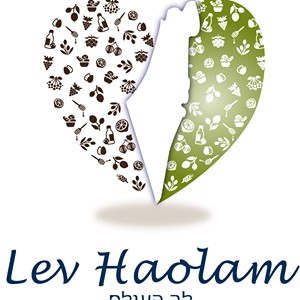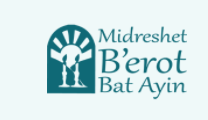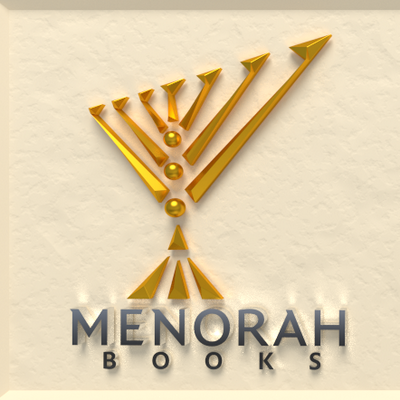Description
Myrtle 10 ml Organic
Myrtus ‘Judean’ communis
Sustainably Sourced Leaf & Flower
Known as Judean Myrtle, Wild Judean Myrtle, Wild Common Myrtle, and Hadas Myrtle
Artisan Distilled in ISRAEL
Please note we are the only producers of Myrtle oil that we artisan distilled in Israel from Native grown Myrtle flowers and leaves. The flowers are often used at weddings as centerpieces on tables. The flowers are considered to be a symbol of long life and a deep love that will last an eternity for the couple.
In Hebrew, the word for Myrtle is “Hadas,” which is from the word Hadassah, which is the birth name of Queen Esther. In the Bible, the Myrtle tree was treasured as a wood used to create harps, lyres, and to build wedding gifts and furniture such as bedclothing, racks, and dressers.
The myrtle grows wild in the north of Israel, the Carmel, the Galilee, the Jerusalem hills, and the Golan Heights. Currently, there are 49 known sites where wild myrtles grow in Israel, most of which are outside of the national nature reserves and planted in personal Israeli residential gardens.
Many people have taken to adding Myrtle to their gardens to preserve the myrtle flowers and use the branches for personal use during holidays. Much of the reason for doing this is due to the yearly over-harvesting of myrtle branches by rabbinical leaders in the weeks before Sukkot. The wild myrtle of Israel is in danger of extinction and has been placed on Israel’s red list of endangered plant species.
We only distill our personal source from our own garden and take no more than what is needed, and we do propagate more saplings to plant every year in various places other than our own garden. We even encourage our neighbors and friends to grow their own and use them for the holidays..
Myrtle is one of four species used in the Lulav set that was waved during the festival of Sukkot (Feast of Tabernacles). The myrtle is brought as part of the blessing for a bar/bat mitzvah, at weddings, and laid on the bed of those who have passed in remembrance, as a sign of purity as well as symbolic of G-d’s protection. Over the course of the year, myrtles are often times used at the end of Shabbat for Havdalah, as well as for blessing a new home or a new business as a symbol of hoped-for success and much prnassa.
Benefits: calming, expectorant, antibacterial, astringent, for coughs, bronchitis, and digestion issues traditionally used as a tummy rub.
Smell is considered the loftiest and most transcendent sense….All other senses desire forbidden things while the nose remains ”holy”…Arizal connects the sense of smell to the month of Adar.with myrtle and Myrrh.. Sukkot Myrtle, one of the most fragrant plants of the Lulav set that was waved in the Holy Temple”.
Arizal connects the sense of smell to the month of Adar, the month that contains the holiday of Purim. The heroes of that holiday were Mordechai and Esther, both of whom have a connection to scent.
Esther’s real name was Hadassah, which means myrtle (a good-smelling plant). And the Talmud relates the name Mordechai to Mor diror, which is musk (Bnei Yissaschar). Sukkot is a time when the most fragrant plant of the lulav set was waved in the Holy Temple.
The four [species] at sukkot represent the four-letter Name of God, with the lulav being the [Hebrew letter] vav, which channels the divine energy into the world and man. If for no other reason, the four must be held together while waving for the Unity of the Name.
Etrog — because it is written (Psalms 104: 1): ‘You are clothed in glory and majesty.’ (The word translated as majesty is hadar. In the Torah (Leviticus 23:40), the etrog is called the fruit of the goodly tree. The same Hebrew word, hadar, is used in that context to mean goodly.)
Palm — because it is written (Psalms 92:13): ‘The righteous bloom like a date palm.’
Myrtle- HADAS — because it is written (Zechariah 1:8): ‘And he stood among the myrtle-trees (hadasim).’
Willow — because it is written (Psalms 68:5): ‘Extol Him who rides on the clouds above the willow trees [aravot], the Lord is His name.’



























